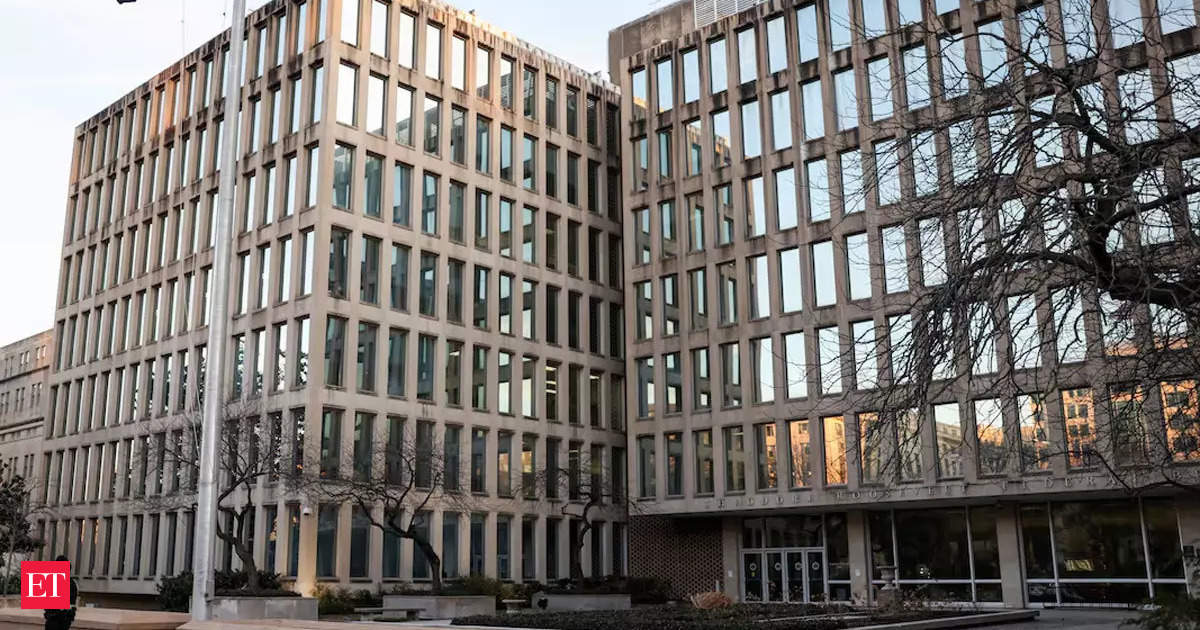Early on September 19, Azerbaijan’s president, Ilham Aliyev, initiated a lightning-fast military plan to redraw the geopolitical map by reclaiming Nagorno-Karabakh. This move serves as a retaliation for his father’s previous defeat. Aliyev, who has been in power for two decades, was determined to restore Azerbaijan’s control over the mountainous enclave, which broke away from Baku’s rule in the early 1990s. Various factors convinced Aliyev that the time was opportune to take action, among them being the waning support from Russia, the West, and Armenia in protecting Nagorno-Karabakh. The stars aligned, presenting an ideal opportunity to rectify historical grievances. The region of Nagorno-Karabakh, with its ethnic Armenian inhabitants, had around 10,000 fighters at its disposal, while Azerbaijan boasted a much larger army of over 120,000. The chaos following the Soviet Union’s dissolution resulted in Karabakh slipping from Azerbaijan’s grasp. In the war that ensued between 1988 to 1994, approximately 30,000 people lost their lives, and over one million were displaced, the majority of whom were Azerbaijanis. Ilham Aliyev’s father, Heydar Aliyev, was then the president and was compelled to agree to a ceasefire that solidified Armenia’s victory. In 2003, Heydar Aliyev passed away, and his son succeeded him. Just a year later, the younger Aliyev signed an oil deal that provided Azerbaijan with the necessary financial resources to build a modern army. Two senior officials and a source close to Aliyev revealed that the decision to retake Nagorno-Karabakh evolved over several months as diplomatic circumstances transformed. Aliyev’s actions not only seek to avenge his father but also shake Russia’s longstanding control over the strategically important South Caucasus region. This area is intersected by oil and gas pipelines and is located between the Black and Caspian Seas, sharing borders with Iran, Turkey, and Russia.
Azerbaijan President Avenge His Father by Taking Nagorno-Karabakh

-
Uncategorized










